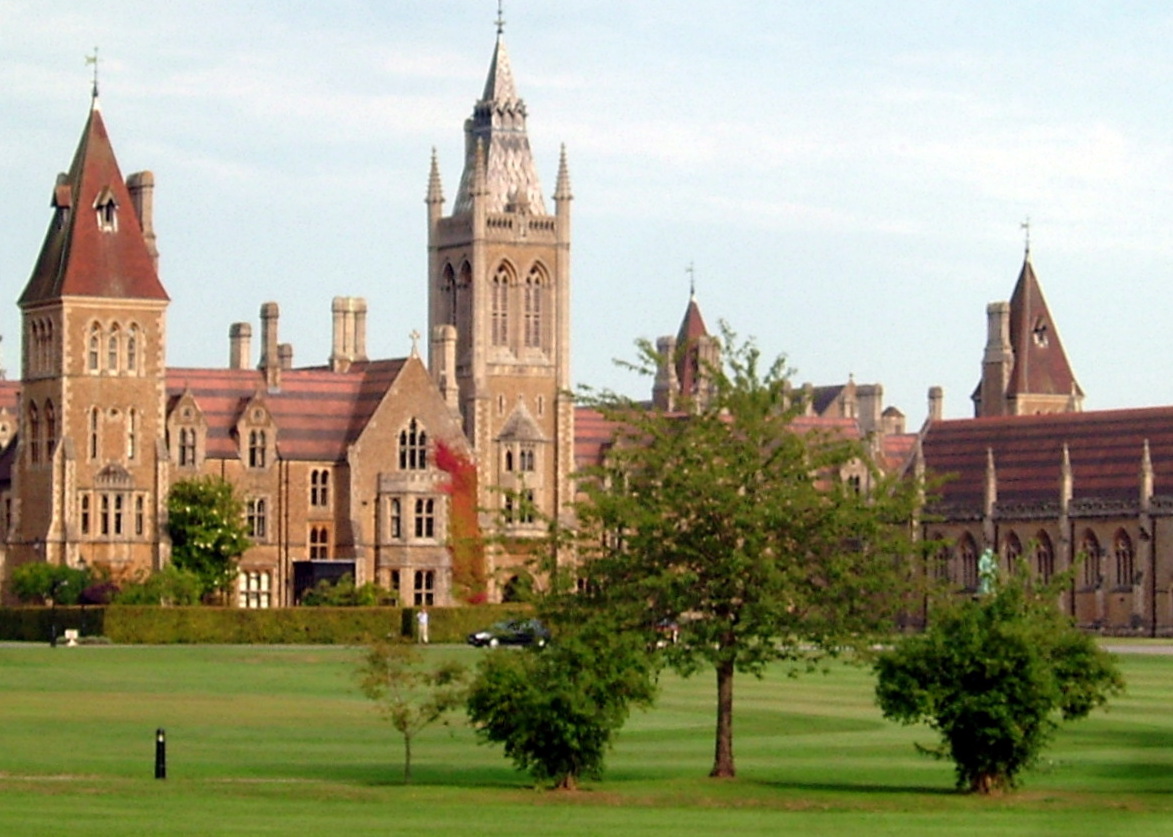
Christopher Jackson
What I remember most is the nerves. These were seasonal and could be reliably prompted by the autumnal drive from Pirbright, where my family lived, to Charterhouse School near Godalming. From the age of 13 to 18, they never fully went away. Even today the September air makes me more alert, even a little nervous.
Boarding school after all is a Darwinian environment, and you never know in any environment whether you’ll sink or swim. And you especially don’t know at a boarding school how things will be for you. This is because you don’t really know who you are yet – and all your contemporaries are trying to find out the same thing.
In education, as we all know, the stakes are perennially high. “It can take a lifetime to climb free of your wrong beginnings,” as the poet Philip Larkin puts it. But these were, to put it mildly, not wrong beginnings: they were very privileged beginnings.
Yet the nerves were there, and I now know they existed for others too. The trepidation natural to youth about going into a potentially hostile situation, was something I shared with the other teenagers who went to Charterhouse, Eton and Harrow and other such places, a wide range of whom I spoke to for this article.
Even if someone found the whole experience utterly traumatic, to an outsider they’d still be privileged and therefore undeserving of the pity they might be due
Even so, there’s a natural sheepishness about the topic. As former Carthusian Charlie Vincent, now a digital planner buyer at Medicacom in Edinburgh, tells me: “In terms of the privilege going hand in hand with the hard times, I feel I can only talk to fellow Carthusians or ex-public school people about it. Even if someone found the whole experience utterly traumatic, to an outsider they’d still be privileged and therefore undeserving of the pity they might be due.”
That Uncertain Feeling
But perhaps this is to race forward and assume that pity should even be in the equation at all.
The fact is that attending a fee-paying school in the UK is tantamount to winning the lottery in terms of your life chances. To confuse our American readers, in the UK, fee-paying schools are confusingly referred to as public schools, though the system is really an aspect of the private market, and not state-funded as the name implies. These schools, though they have scholarship opportunities, are expensive – sometimes beyond contemplation.
The numbers are compelling. Brighton College – an institution noted for its excellent grades and its focus on developing kindness in pupils – is the most expensive at £50,880 a year. This is considerably more than you’d pay at Eton College, which comes in at a comparatively cheap £42,501; Charterhouse, I now discover, is currently a steal at £40,695.
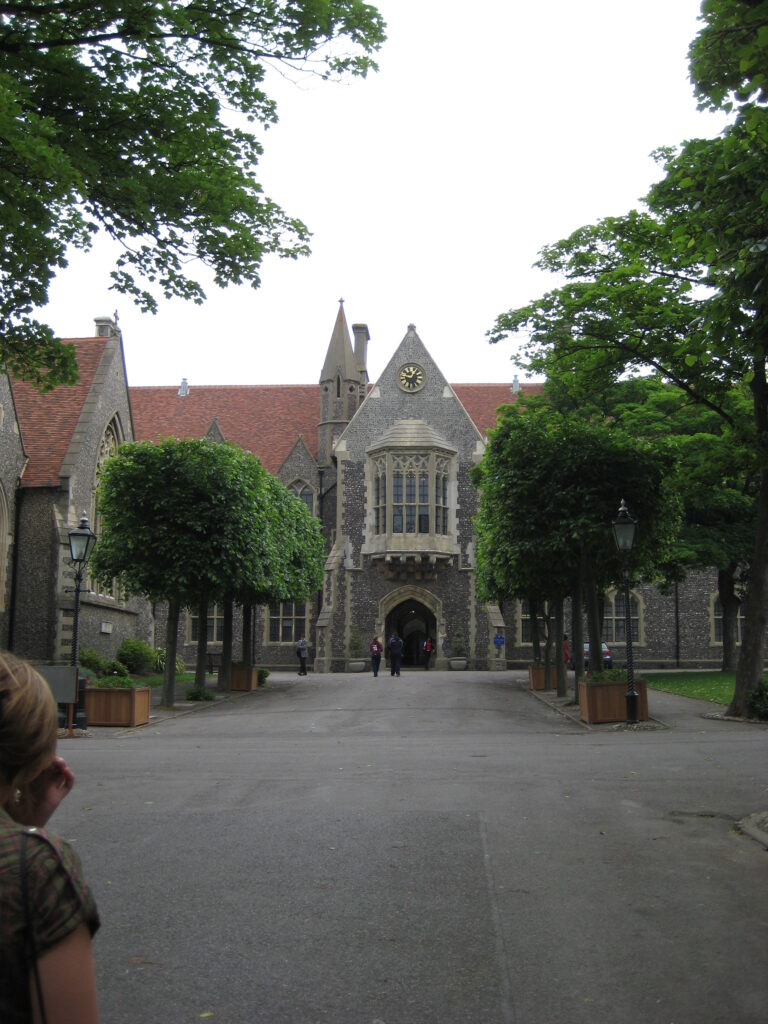
Brighton College has an impressive list of former alumni including Sir John Chilcot, and Academy Award winner Chloé Zhao, but it is Eton and Harrow – and to a lesser extent, Charterhouse – which have tended to produce the names one knows. Eton, of course, produced not only the current prime minister, but 19 others including, Robert Walpole, WE Gladstone and David Cameron. Harrow, as everyone knows, was attended by Sir Winston Churchill. Charterhouse meanwhile produced the Earl of Liverpool, and former Foreign Secretary Jeremy Hunt.
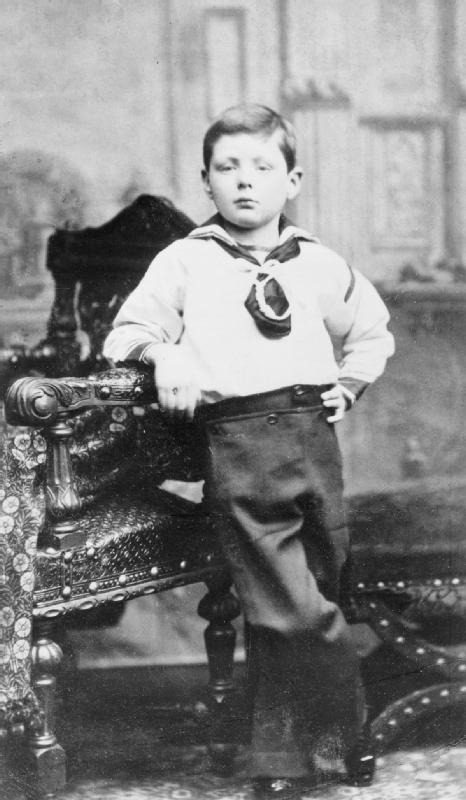
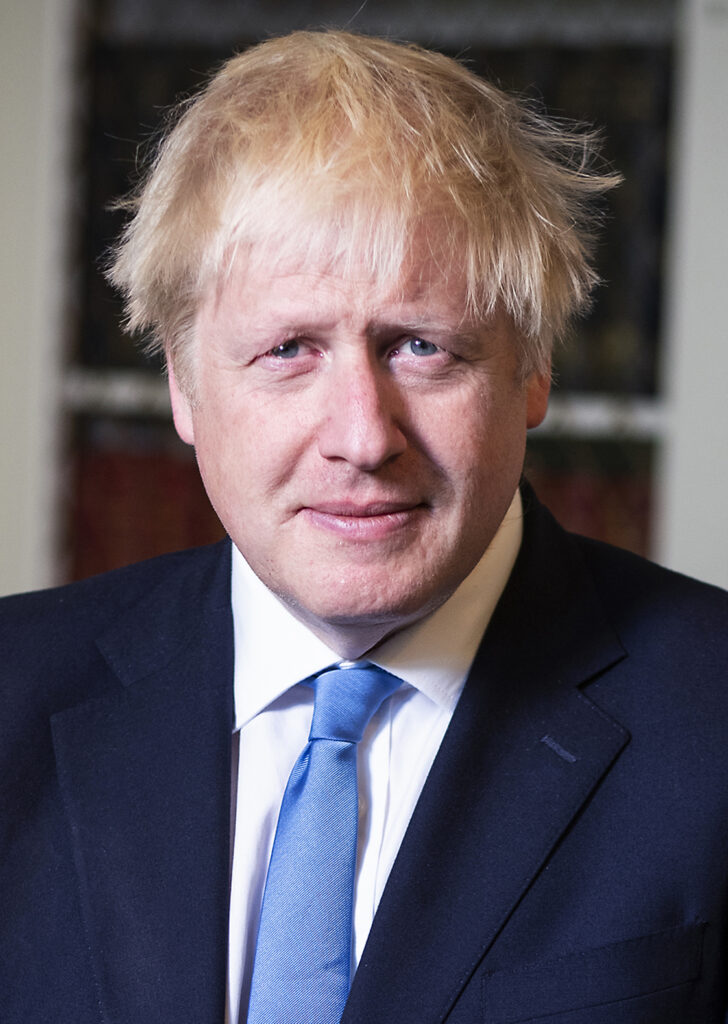
But it wasn’t the names – at least, not at first – which contributed to that anxiety on the road to Godalming. It was instead to do with the look and feel of the place. We stand in the shadows of buildings before we gauge their ghosts.
In Charterhouse’s case, the old Victorian architecture stood at the centre of the school, nestled at the crest of Godalming, like a complex of castles. These old houses had peculiar names such as Gownboys, Saunderites, and Verites and were flanked by sporting fields fit for a Wodehouse Psmith novel. They have proven popular film locations over the years, and featured in The Mystery of Edwin Drood, and even served as the Houses of Parliament in The Bodyguard in 2018. Its effectiveness in that role can be gauged by the fact that I watched the drama series without noticing it was my old school.
To recall those house names gives me a Proustian jolt. It reminds that to attend that school was to be initiated into a private world denoted not only by architecture but also by language. The food shop was the tuck shop – as if henceforth one wouldn’t be eating food but something slightly different, and perhaps more rarefied. The rollcall was called ‘adsum’, suggesting that the school linked itself back beyond its founder Thomas Sutton (1532-1611) to the Roman Empire. And indeed Latin was, in those days, still a staple of the curriculum.
The school was peppered with jargon, which added to one’s sense of the oddity of it all. And it was this sense of the peculiar – something like finding one’s way to Platform 9 ½ at King’s Cross – which gave the experience its validity, but also its capacity to frighten.
It was, above all, a dissonant experience. When I talk to Ned Cazalet, who attended Eton College and left in 1999, he describes the difficulty of his expectations at Eton versus the reality in very strong terms: “The challenge for me was to comprehend, which I never managed quite to do, that this was supposedly a beacon of education, a true world class institution and the fact that there was an astonishing amount of bigotry and parochial thinking. I couldn’t understand how these things could co-exist.”

I wouldn’t say that, arriving at Charterhouse, I was confronted with quite such a black and white scenario – but I know what Cazalet means. Henceforward I had had the best that money could buy and moaning about one’s lot in life would be unseemly. I had become a victor in that most British thing: the class system. But life is such a complicated thing that being a victor in it can itself be complicated – and indeed, perhaps life is at its core so overwhelming that there are really no victors at all.
The Public School ‘Charm’
So what exactly are parents who decide on public school buying – at Eton, Harrow and Charterhouse and a myriad others?
If you look at today’s society, the first thing appears to be: the chance to become prime minister. Or at least, the capacity to run things – to feel that it isn’t incongruous for oneself to be put in charge.
How does this manifest itself? Firstly, in something difficult to define, which might be called bearing or demeanour. This turns out to be different to manners, although it’s true that public schoolboys are often well turned out and, unless they have gone to a strange effort to the contrary, almost always well-spoken.
We all know Boris Johnson’s body language at the despatch box. It seems to say: “I’m not surprised you want me to run the country – the only surprise is you didn’t ask me to do it sooner.” We have seen this before: David Cameron had it; Tony Blair, educated at Fettes, had it too. It is difficult to define, and is in a strange way most understood when it is absent, as it was in the premierships of Theresa May and Gordon Brown. In those instances, when we talk of lack of charisma or star power, it can sometimes seem as if these are euphemisms for not having gone to public school.
And so, of course, if you do go to one of these schools there is an immediate sense of possibility. This was also the case at Charterhouse if you happen to be literary, and know that Robert Graves and William Thackeray attended. But even there, try and write a novel – as many Carthusians do – and you’ll find Graves and Thackeray of little direct assistance.
Charlie Vincent recalls: “None of them meant much to me. I can imagine that I would have felt different going to Eton. So many great actors, so many not-so-great PMs, and a raft of other notables. That would be quite inspiring, I think.”
And indeed over at Eton some former pupils talk of having been inspired. One Etonian I used to know at university, Francis Morris, who has gone on to be a filmmaker, though not a well-known one, always said that having gone to the same school as George Orwell was something he was proud of. This always struck me as slightly incongruous: Orwell, of course, hated his time there.
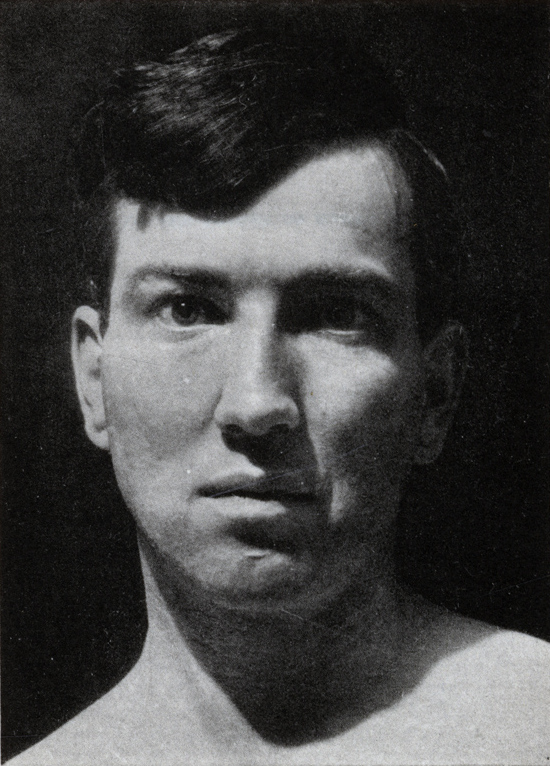
Indifference can also crop up on this point. One former pupil, who left Eton in 2003, says: “I have never actually thought about who my favourite Etonian would be….but (after a quick search…) possibly Ranulph Fiennes or Ian Fleming; both creators of fantastic legacies.” Cazalet names Hugh Laurie. Xavier Ballester, who also left in 1998, and is now a Director at the Angel Investment Network, explains that he feels “a mixture of pride and shame. The people running this country are the classic blustering, bluffing Etonian who are so full of confidence rather than talent that they end up screwing up things for everyone. But some Etonians have clearly had an impact on society and the world. Aldous Huxley springs to mind but there are countless others.”
Whether we agree with all this or not, there’s a lot packed in there. There’s this sense of possibility across any discipline you might wish to practice – “countless others” – but also the sense that privilege doesn’t lead to meaning. That you have to find for yourself: and the danger with fee-paying schools is if you ever think that has been paid for in advance. It hasn’t. Life’s burden us still something you have to carry. And if the burden is less than if you’d been less privileged – well, my experience is, try telling that to a 13 year-old.
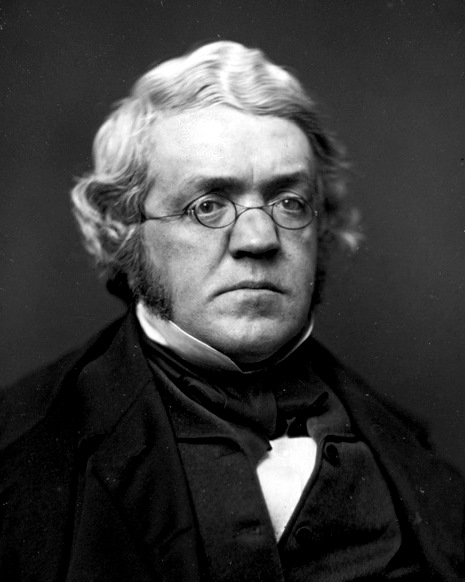
Absurdity and Tragedy
In retrospect, my time at Charterhouse had a lot to do with real life intruding, sometimes as absurdity, sometimes as tragedy. One episode which qualifies as absurd and in retrospect was handled well by the school involved Paul Rees. Rees was 23 and a modern languages teacher when he came in fourth in 1996 in a now forgotten TV show called Mr Gay UK, and as the tabloids gleefully reported, was patted on the behind by Jason Donovan upon exiting the show.
Once the papers discovered that Rees taught at the “£12,000 a year school” (note the exponential rise in fees these past years) they insisted on his resignation. As I look at the archives, I am heartened by the vigorous reply of the then clerk to the governors, Harry Foot: “Why should he? We employ teachers for their abilities and for their abilities only. What he does in his private life is entirely a matter for him. He is an excellent modern languages teacher and that is all that matters. It wasn’t surprising he was spotted as it was a public TV programme.”
Bravo, Foot. It was an example of how anything that happened at Charterhouse could be deemed to be in the public interest. But then this was just one in a long line of stories. The previous year the married headmaster Peter Hobson had been forced to resign when it emerged that he had been consorting with a 16 year-old call girl who it turned out had gone to the nearby school of Tormead. The incident was discussed on Have I Got News For You. By 2001, when a pleasant physics teacher Nick Tee, announced that he would henceforth be Nicola Tee, and the story was also splashed across the tabloids, it was no longer surprising to find my school in the public domain. Vincent is close to the truth when he says: “Today’s culture wars were playing out at our school in the 1990s.”
Some boys would even leak stories to the papers, hoping to earn a tip fee. There was even a certain pride about knowing that your school was newsworthy – it deepened a sense of being relevant, which a young person might cling to as a bogus source of self-esteem.
But looking back, it was also an aspect of how school doesn’t protect you from reality. Accident, vicissitude, and even death can still intrude. This turned out to be the case in two awful instances, both of which were preventable. One involved a boy in Weekites, Henry Southwell, who was hit by a car crossing the Hurtmore Road on his way back from a game of football at Broom and Lees playing fields; I can find no archives online about this incident, but suspect it occurred in 1996, and recall the driver, an elderly woman, experienced a burst tyre. There is now a bridge named after him, which prevents today’s boys and girls taking the same risk for which he died.
Then in 1998, Nick Stafford, a talented athlete in Daviesites, tragically drowned in the pool during a Navy exercise; he had been trapped under a life raft. It was an unthinkable tragedy, and I have never forgotten the quiet in the chapel at his memorial service when Nick’s parents entered. It was an astonished silence, which told how nobody in that vast, cold chapel would ever satisfactorily compute the absolute nature of grief.
All one wanted to do then – and it is a feeling which hasn’t gone away as the years have amassed – was to reach across to them and undo the event. Ever since I have gone through life – through birthdays, career, friendship, wedding and children – sometimes briefly marking them as things Nick should also have had. But those events have a warning attached to them: never to forget the luck I’ve had. And to remember that Charterhouse was an aspect of that – though that my luck too has been somehow independent of it.
It’s the Facilities, Stupid
For me as a Lockite in one of the rather architecturally unlovely new houses, each day began with a trudge from one side of school to its centre where chapel and lessons would take place.
This meant crossing the green playing-fields to prayer; it was a social occasion, a daily odyssey bound up with the notion of a shared journey.
Since we were the furthest from the centre, as we’d walk along, every fifty or so metres you’d be joined by those who’d have to leave a little later to join you on the walk in. Who you walked in with would shape your day. Some people I bumped into on that walk thirty years ago, I am quite likely to call now if I have a problem, or something to tell.
What was the substance of that friendship? It wasn’t only shared trauma of being away from home so young. It was to do with burgeoning self-confidence, and a sense that we were joined in destiny. There was something else: over time, we got the hang of the place together, learned its mores and how to give them our twist, where rule lay and where it could be stretched, what was mockable and what was sacred, what was true about the place and what was false.
Over time, as friendships accrued, we realised that our homes beyond had similar setups: large gardens if they lived in the countryside; spacious verticality if the background had been urban. One was surrounded by recognisable narratives. My father was a lawyer; and I soon found that other boys often came from professional backgrounds. Nick Bourne, the dentist’s son. Andy Hollingsworth, whose father was a doctor. There was a whiff of the aristocracy, but less so than at Eton. There was Iona Douglas-Home, the granddaughter of a former prime minister, and Richard Dennen, now editor of Tatler, would in time consort with royalty.
Getting to know the place together meant the discovery of humour as a tactic, a mode of survival. One also had to decide on where one sat on the spectrum between lawlessness and obedience. As ever, I pitched myself in the middle, reasoning perhaps that it was the best method of camouflage.
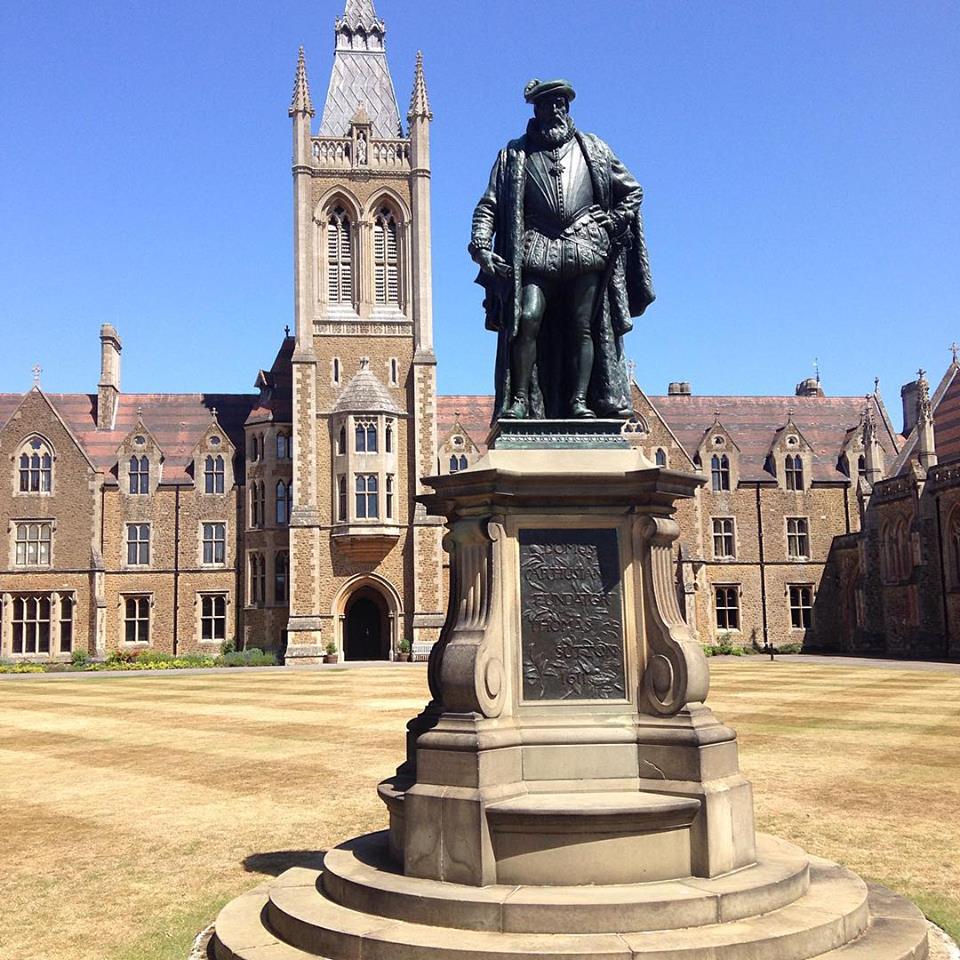
On foggy mornings, we’d run delightedly across the grass, trying to avoid the prefects who were charged with policing an activity which could do no good to the cricket wickets. One of my central memories is the hallooing from other boys within the fog, as your struck for the path, seeking to evade capture and punishment. It strikes me now as a handy metaphor for life at Charterhouse – knowing that there are others with you in the miasma of life, and that life was already enchanted, thrilling, strange, and bit alarming.
A new sports centre opened the year I left, and I remember a favourite pastime was to visit at night and stand illicitly in the cavernous building works: it was an opportunity to wonder at this new development, though we were really too young to consider the privilege, or how it was financed.
There was a certain lilt to the place which didn’t preclude momentum. I don’t think the contingencies of fate – not even Nick Stafford’s terrible death – really made us feel any the less privileged – any the less in charge of our destinies. We had the best that money could buy, and though that couldn’t exclude the complexity of life, it seemed to guard against professional failure, and even against being in some way a person with a limited frame of reference.
Each year, the Ben Travers Theatre would put on plays. A satirical magazine Greyfriars – at one time edited by myself and the excellent and award-winning filmmaker James Kibbey – was tolerated by the school, though its humour could turn towards the acidic, and in retrospect could have done with a severe edit. Rounds of golf would often fill an afternoon, and I remember watching as Andy Hollingsworth, then tipped for greatness as an England cricketer, picked up the game, becoming a scratch golfer in a matter of weeks. Talent was in our midst.
Over at Eton, Ballester confirms the importance of sport: “I was good at sport which helped a lot but some people were sent to Eton and got mercilessly tormented (a northern guy in my year springs to mind).” Another Etonian confirms this: “I was bullied initially until I could hold my own on the sports field and prove my worth so to speak.”
In our own school year, the emphasis on sports meant that some could walk the school corridors as heroes, but to recall them is sometimes to remember F. Scott Fitzgerald’s line in The Great Gatsby that there are no second acts in American lives. Those who prosper at the school – especially at sport – are in reality unlikely to make it into professional sport, and so it’s often the case that the heroes of our youth do not replicate that success in the world at large.
But most of all I recall the humour. Each day dawned and ended with the same goal: to make others laugh. If you did that, you knew you’d be okay. The flipside of this was that if you didn’t, you might not.
How funny we actually were remains open for debate, but life at school could sometimes resemble a Have I Got News For You panel, where your personal prosperity is dependent, even to a tiresome extent, on a quick wit. But this has had its good effects too. Today, my wife tells me she can tell if I receive a text from an old school friend: “You never laugh like that otherwise.”
The Evidence
These are personal reminiscences and though they have been shored up by talking to a range of old school friends, it is important that they be buttressed by evidence as to what a private school education entails in the UK. You can’t just talk to your friends; you need to talk to the professors.
And if you do that the consensus is reasonably clear in spite of the surprisingly limited amount of data: there are certain gains which accrue to your child if you send them to a fee-paying school.
Professor Francis Green is a leading expert on the effect on the labour market of private schools. He explains the scope of his research to me: “The evidence on what private schools do is fairly narrow. Some of the research I’ve done has looked at self-esteem and tracks people who were at school during the 1960s.”
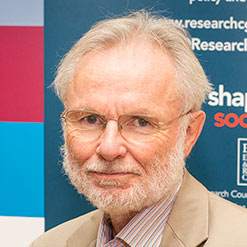
That means that those who took part in Professor Green’s research are now in their 60s – and of course, public schools have changed a lot during that time. The possibility then is that private schools have prospered precisely because of lack of information about their effectiveness.
But what are the results? Green found that self-esteem was higher in people who went to private schools, but he adds a crucial caveat: “Self-esteem was something they came with. It wasn’t changed by being at these private schools.”
Life’s advantages, then, kick in well before 11-13 when parents first send their children to these schools. Green continues: “Psychologists also talk about something called ‘internal locus of control’. This means the confidence that you’re in control of your life – that the things that happen to you are things you’ve chosen. People with low locus of control assume that everything that happens to them is good or bad luck.”
So when a parent decides to send their child or children to a fee-paying school this is part of what they’re paying for? “If you compare similar people, and one goes to state school and the other private school, you’ll find that private school enhances their locus of control.”
This might seem like a somewhat abstract concept for which to pay £40,000 a year – and sometimes more. But it chimes with me as it’s something which the majority of my Charterhouse friends have.
It also has ramifications in the workplace. Charlie Vincent recalls entering the world of work: “I went into media after plenty of meandering and I was most definitely a minority being a public school person in my first few jobs. It didn’t help me having gone to public school except, maybe, in that my accent and demeanour came across well in meetings and interviews.” In other words, he had internal locus of control. So this was useful? Vincent continues: “I’d say that this could be a benefit… unless you happen across someone who hates public school people, of course. I find that unless you are pompous or arrogant, people don’t hold it against you though. It can work in your favour even with those that might not agree with private education per se, so long as you stick to the good manners and etiquette you picked up.”
Green adds another point: “There are other papers which look at well-being, and by that metric you get a fairly neutral picture. There’s some evidence, for instance, that girls in the 1970s and 80s really suffered but for the most part you don’t find a big difference. The well-being aspect is rather neutral, as far as we know.”
So private schools make you confident but don’t make you happy. This arguably seems to bump up against the scarcity of the available data, in that it’s a pretty safe bet that confident people tend to be happier, as they’re less likely to be knocked by adversity. Green says: “Undoubtedly it is the case that what private schools give you is this locus of control, and it gives you access to networks.”
Social Network
The old boy’s network. This continues to be another argument in favour of sending your child to private school, but equally another hot potato which causes – understandably – a lot of emotion. It is an unthinkable state of affairs, after all, that a small percentage of children should not only be confident enough to succeed, but on top of that access those who have themselves already had those advantages. When you think of it that way, the deck is pretty effectively and anything but enormous success if you have gone to one of these schools, would be deemed a private cataclysm.
But anecdotally, you sometimes here that having gone to a fee-paying school has less benefit than they’d been expecting – and it seems likely that this has to do with the way in which the global economy has changed as a result of the international economy. Certainly, my strongest sense of the world I graduated into in 2001 was of its enormity, and the coolness of its welcome. If I ever thought – and I’m not sure I did – that an old Carthusian would reach down to pluck me from obscurity and install me at the head of something, I was to be in for a shock. The world had changed.
One old Etonian, who left in 2002, feels that having gone to public school has in some ways held him back: “I thought it was a benefit in post University job applications. As I write this today, I am currently out of work and I wonder if the link to school now is a headwind or tailwind as firms are looking to balance out (correctly I might add) the employment roster. I think in certain areas, the school link has been a very strong lever in a career but I would like to think that any good education is rewarded.”
Vincent adds: “I should mention that my career did step up upon meeting another public school guy that hired me. It’s possible though that he would have hired me had I gone to a normal school.”
Xavier Ballester, however, is in no doubt as to the impact: “Getting a scholarship to Eton (a small one – I wasn’t in College with the big scholars I just missed out by a place) had a huge impact. It helped me get into Oxford and with those two on my CV it has given me a lot of confidence although I never pursued a classic city/legal/accounting career so have never really had much use for a CV.”
So paradoxically, while the CV your child gets as a result of a fee-paying education might ideally fit your child for a career in the traditional professions, it also bequeaths the confidence to strike out and be more entrepreneurial.
More Heat than Light
As I write this, I am conscious that I am proceeding with unusual trepidation, aware of the controversial nature of the topic. What gives me constant pause is a thing so bound up in the fabric of this country as to be toxic to discuss: the class system.
And of course, it’s also acquired a new level of controversy after Keir Starmer’s speech on the second day of the Labour Party Conference in October 2021 in which he said: “Labour wants every parent to be able to send their child to a great state school. But improving them to benefit everyone costs money. That’s why we can’t justify continued charitable status for private schools.”
It is a subject which makes many queasy. Lee Elliot Major is the UK’s first social mobility professor and he argues that the debate around private schooling can easily “go round in circles and I’m not sure what impact it can have.” So does he think there is any benefit in closing the tax loopholes which fee-paying schools currently enjoy, as Starmer plans to do if he becomes prime minister? “My view is that we live in a liberal democracy,” he says, “and that you have to allow people freedom to choose. Some of my good friends have chosen to send their children to public school.”
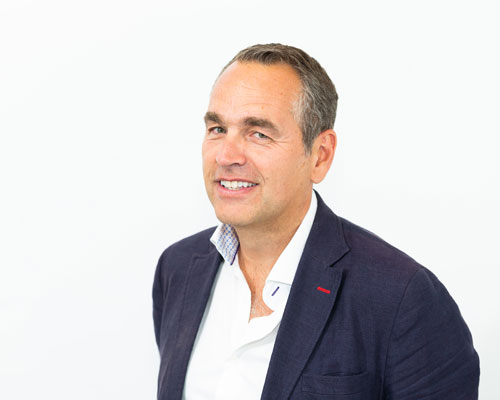
Major is also at pains to point to the complexity of the issue. “If we look at social mobility, the problem is that many people from privileged backgrounds go through the state system and you need to be careful of crude summaries that pit private versus state.”
Major cites the ways in which the social mobility problem of fee-paying schools might be addressed, and discusses Sir Peter Lampl’s idea of an open access scheme, whereby state money is put towards children going to independent schools. “It would be a radical way of reordering education, but I think on balance that it is unlikely to happen politically.” How then do you address the issue of private schools in terms of social mobility?
Major replies: “A more palatable approach is for private schools to form a genuine partnership with the state schools, or lose that charitable tax status.” So what might that entail? Major explains: “It could be things like offering specialist teachers in specialist subjects, or offering your playing fields. Those must be genuine partnerships to warrant charitable tax status.” He pauses. “But I’m being very careful. My worry over these debates is that they generate a lot of heat and very little light.”
Of course, the government is also keen to point out that many independent schools already do have meaningful partnerships with the state sector. A Department for Education spokesperson tells me: “Our world class independent schools’ sector plays a valuable part in our schools’ system and provides economic benefits through the thousands of international students it attracts. The independent sector also plays an important role in state provision with many independent special schools’ places being funded by government.”
The spokesperson continues: “Many charitable independent schools have entered into mutually beneficial partnerships with state-funded schools. The department has a joint understanding with the Independent Schools Council, to encourage the development of partnerships and has funded the Schools Together programme which helps schools from the independent and state-funded sector identify opportunities to work with each other.”
But Major, who is the author of a brilliant book The Good Parent Educator, is particularly keen to point out that if you really want to tackle social mobility you need to acknowledge the complexity of society – even its fluidity. “My view looking purely on the evidence on what works in education in terms of cost effectiveness – to be quite frank, you send them to the good local state school, which presupposes you have a good state school in your neighbourhood and you top it up with good private tutoring on the side.”
Major continues: “But the boundaries aren’t as clear in social mobility terms as people might think. There’s a huge private industry of tutoring. And people forget there’s as much variation in the private schools as in state schools – a point I made to parents in my book. If you’re going to address social mobility issues you have to think about how you level up, though I know that term is bandied about a lot.”
Unsurprisingly, Professor Green disagrees with this – but then his book Engines of Privilege (2019) seems to have been a direct influence on Starmer in bringing up the issue again. “It has had a mixed reaction,” he admits. “The private school sector has been very defensive, and some thought it was fantastic. But most people cannot understand how an institution for the largely rich should have charitable status.”
However, even Green admits that the policy has its limits. “In terms of the numbers, it has to be said it wouldn’t make an enormous amount of difference. There are probably about 550,000 children in private schools in Britain. My best estimate is that if you took away the tax advantages you’d lose about 30 or 40,000 or those as the fees would go up a little bit.”
I say I feel sorry for those hypothetical 30 or 40,000. He replies: “They wold have to go into the state sector, and the government would have to educate those people. As a result some schools would close, and the private schools would scream about it, and it wouldn’t change the system on its own. On the other hand, you’d have a slightly fairer education system as there wouldn’t be so many people in that privileged position.”
Ending Up
So what did it all amount to – being in that privileged position? Well, there appears to be – so far, at least – little fame in my year at school. Clement Power, who had won a scholarship, had significant success as a musician, becoming assistant conductor in Paris to Ensemble Intercontemporain; Richard Dennen would go on to edit Tatler.
A random google assures me that others have won top positions at law firms and accountancy firms, ensuring that they have no financial worries I can imagine, especially after having come from families wealthy enough to have been able to afford Charterhouse in the first place.
But for the most part me and my friends have had normal lives – with all the small blessings and frustrations which one associates with that. Careers haven’t fallen out of the skies readymade, they’ve had to be worked for. In my own instance, no book has written itself, each had to be toiled over, written and rewritten, without any help from the ghost of Thackeray. I don’t particularly ascribe my failures or my successes to Charterhouse, though that can’t be quite right because life would surely have been different in a myriad ways had I not gone there. Again, there is insufficient data on the whole question: the confusions of my own life, its causes and effects, are probably a microcosm of the strangeness of the whole debate.
On the other hand, a room has never been a particularly stressful thing to enter, and I suppose if I’m honest I never entered any of them with a chip on my shoulder about having gone to public school or having not done so. The question was removed, and perhaps was removed quietly during all those anxious drives from Pirbright to Godalming all those years ago.
A friend of mine, who can afford to send his kids to private school says: “The reason I’d send my son to private school is because he’ll have a chip on his shoulder if I don’t.”
There’s truth in that, but it’s not the whole truth. As the state sector improves – and it has undoubtedly done so – then there is the increasing realisation that there’s no reason why self-confidence – or internal locus of control, if you prefer – should be something you can only have if you went to public school. Major says: “I still think there will be very self-confident people that come through leading state schools who have also come from a supportive or elite background.”
Major’s point is that society is not straightforward, and getting less and less so. The problem with this whole debate – and with Starmer’s wading into it – is that it can sometimes make it seem as though it is.
Even now, the fact is that many state school people have confidence, and go on to great things; many public school people end up having sad lives, and they are not less sad because they began in privilege. The danger with this debate is that it removes our empathy – and it does it towards the young who really do deserve that.
Youth and adolescence are very hard. The world will remain strange to us until the day we die, but it is never more frightening than when our personalities aren’t fixed, our skins not yet thick, our stance on the earth as yet unestablished.
The world is changing fast – that fee increase from £12,000 to £40,000 means that the middle class are often priced out of private education, and that those who can afford it are likely to attend the playing-fields of Eton alongside a new international elite. So in the end it wasn’t any Starmer-esque shifts to tax policy that changed things, it was really the international economy, whereby the global superrich, hearing that the English education system was the best in the world, came here, ousting some of the middle classes – perhaps my children among them.
My sense is that that will probably do no real harm to the private school system, although it may make them a less uniquely English experience. If the aristocracy can afford these places, their children will be playing lacrosse at Marlborough or Fives at Eton alongside the children of Chinese and Indian billionaires. Perhaps they’ll be the better for it.
And I don’t think it’ll necessarily bad for the state system either, if children whose parents have had the benefits of fee-paying schools create a more layered and complex society – that is, one without such a clear class divide.
To finish, there is a story of an old contemporary of mine who after leaving school secured a job in the banking sector, which he attended for a while during which time he was living at home with his parents. He began suffering mental health problems. He lost his job. He couldn’t bring himself to tell anyone – least of all his parents. Out of pride, he kept getting up in the morning and going into the City just as if he had never lost his job. He did this for years.
It is, on the one hand, a very public story. Other families would notice the lack of money; perhaps other parents would guess at a problem in their son and investigate. There is a preoccupation, even a coldness, which is specific to a certain kind of wealthy English family.
But it is also a human story, even in its skeleton form as I have told it, full of an individuality which gives it such a specific tragicomedy. It reminds me what is missing in this debate: that sense that every child matters, because every child has a role to play in the future – or should have. It is only by talking about these anxieties and these structural injustices from every angle that we move forward – that we climb free, as Larkin has it, of those wrong beginnings which in some measure we all share.